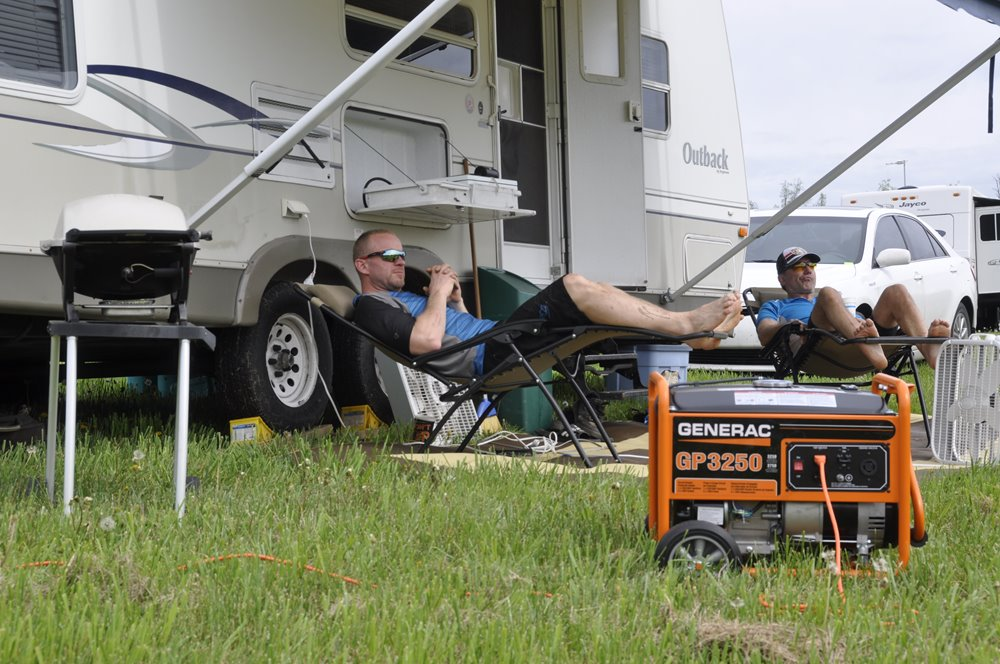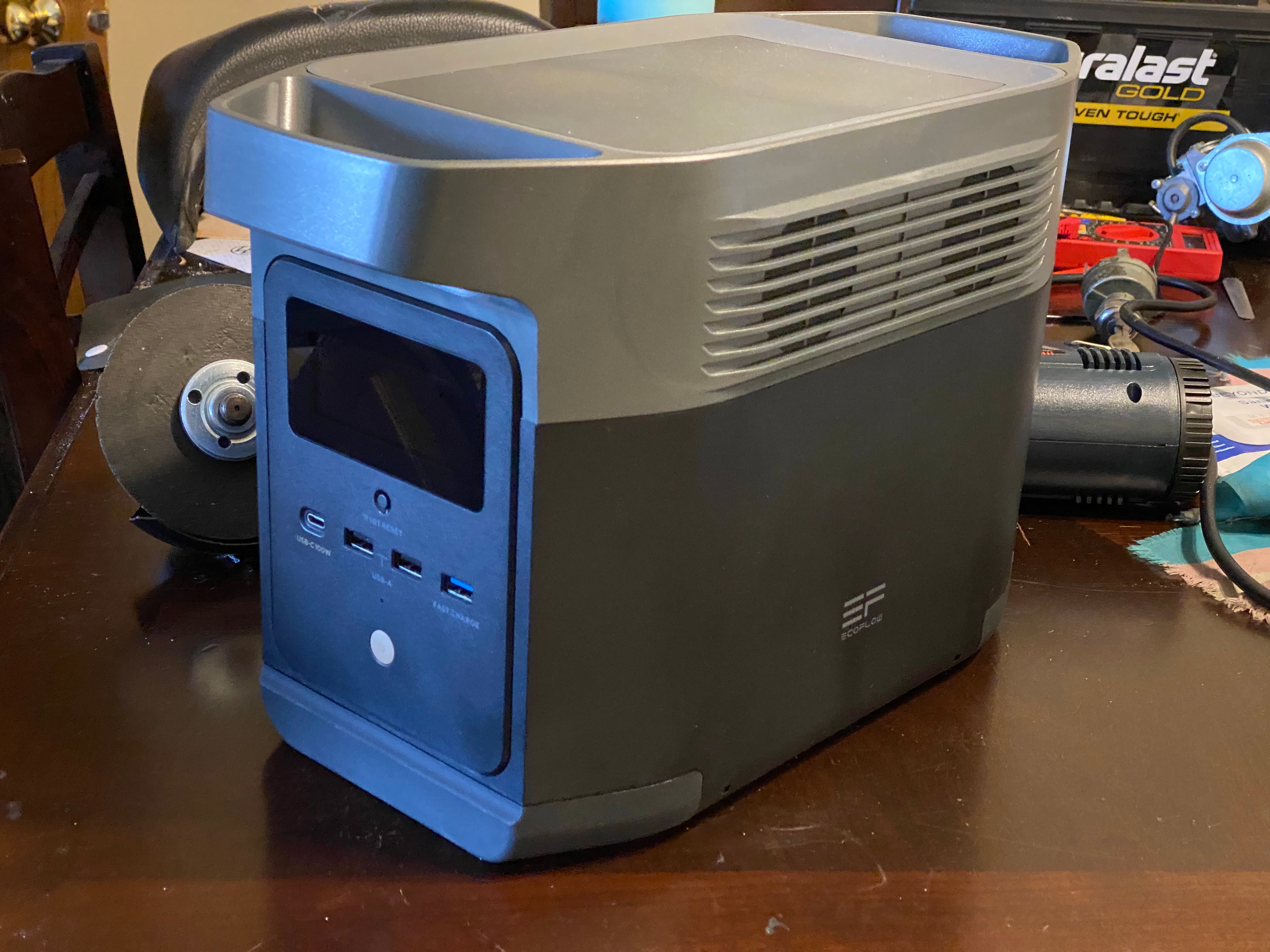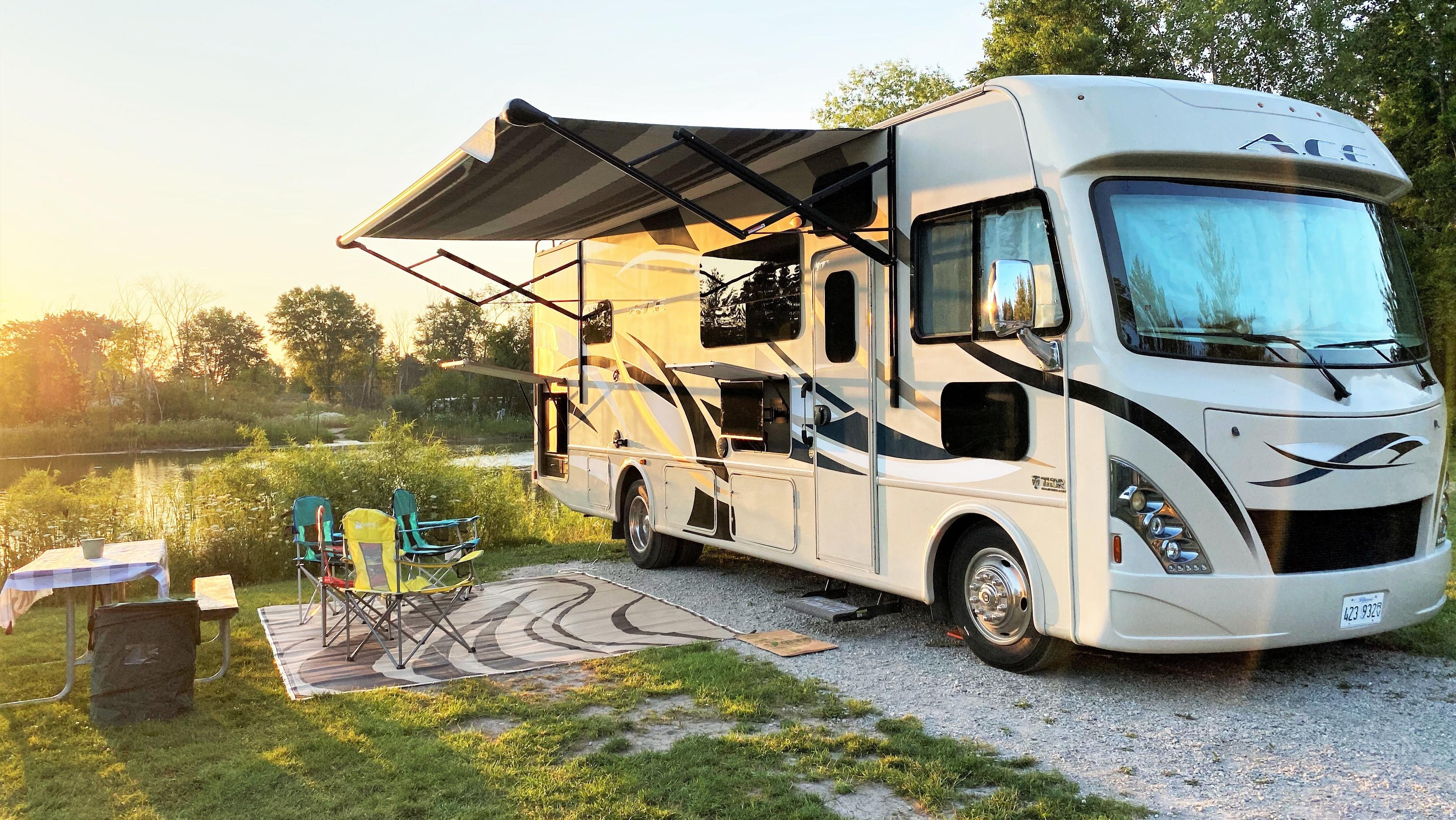California's Small Engine Sales Ban Goes After RV Generators Too
The state expects generators to be replaced by batteries.
A couple of months ago, California stunned landscapers and homeowners with proposed legislation to ban the sale of new small off-road engines. But the legislation doesn't just impact lawncare as it also seeks to replace the generators used in RVs with battery power stations as well. RV owners, buyers and dealerships are concerned.
Assembly Bill No. 1346 bans the sale of small off-road engines in California by 2024. The state defines a small off-road engine as a spark-ignition engine that makes 25 horsepower or less in equipment. Portable generators are considered to be small off-road engines, including the generators of RVs. The bill has RV owners concerned and as RV Business reports, the California Recreation Vehicle Dealers Association is planning to fight the legislation.
Generators play a crucial role in recreational vehicles.

You don't need to park up at a campground and feed from shore power if your RV can generate its own power. Generators allow you to have power just about anywhere so long as you have fuel. But for all of their usefulness, generators are known for heavy emissions. The California Air Resources Board says that the average 3.5 hp generator running at a 1.8kW load for 1 hour emits as much pollution as driving a car about 150 miles. It's not surprising that the state wants to eliminate sales of small engines like the ones used in lawnmowers and generators.
The bill suggests that these generators will be replaced by "zero-emission generators." These are sometimes called battery generators but in reality they're just giant portable battery power banks with some household plugs coming out of them. I'm testing one of them right now, using a battery power station for camping and car repairs in cold Illinois.

I'm enjoying the lack of noise and emissions, but these banks have a weakness compared to an old generator. Whereas a gas generator can get going again with some more fuel, a battery power bank relies on power sources like solar panels connected directly to the device, a wall outlet, a spare battery or a 12V outlet from a car. Have a power outage at night and your demands are high? Your car will be the only way to keep that power bank going.
RV owners can up the usability of a power bank by equipping their rigs with sizable arrays of solar panels. A lot of the off-road rigs we've featured here had solar panels charging house batteries. With a large enough setup you may not even need a generator. But as RVshare notes, rigging an RV up with solar to provide as much power as a generator can could set you back $10,000.
CalRVDA argues that the technology just isn't there yet to replace generators with batteries.
Should the sales of gas generators be phased out by 2024, those who wish to continue generating power with an ICE have a couple of options. Used generators will still be able to operate and the bill also excludes diesel-powered generators.
